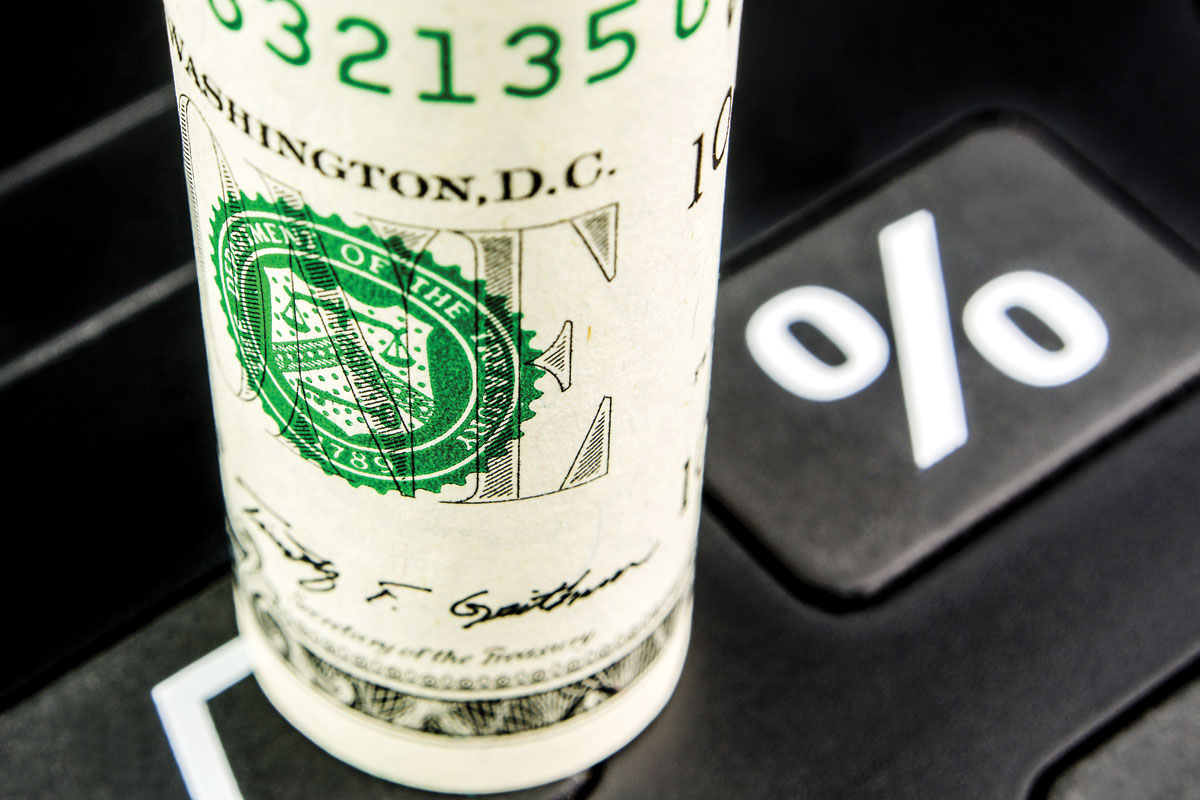Inflation and Interest Rates
February was a challenging month for most asset classes, equities, fixed income, gold, oil – all lost ground. The focus of the market is clearly on rates and inflation. The yield on the 10-year has risen 47 basis points this year. That move has caused investors to recalibrate allocations and positioning. Within equity markets, it has created sector dispersion, writes Ketu Desai.
In particular, rate sensitive sectors such as utilities, real estate, and telecom have been sold, while sectors such as technology, financial, industrials, and consumer discretionary have been bought. It caused reallocation within other asset classes as well, as emerging markets and gold also sold off, while the dollar rallied during the month.
Perhaps the best word to describe the markets for the first couple of the months of 2018 is overreaction. In January, at one point the market was up approximately 7% during the month, and in February, the market corrected down more than 10%. Through the volatility, the net result is probably close to where we should be two months through the year. The drop that occurred in February is a typical intra-year decline looking back on history. Since 1945, similar drops have occurred 39 times, and have taken approximately three months to recover on average.
The fundamental drivers of the sell-off during the month were higher than expected wage inflation, CPI, and PPI, combined with an increase in rates. Certain volatility products and quantitative strategies exacerbated the sell-off during the month. Once the selling abated, the market kept a close eye on daily movements of the ten-year, which often informed trading for the day. That said, over the past couple of years, the market has responded positively to increasing rates.
It is important to note that we are rising from very low levels, and at some point, rates will reach a level where they are more competitive with stocks. Estimates of what that level is range from 3% to over 4%, I suspect the actual level will depend on how and why we are at that level of interest rates. Recent inflation numbers out of Europe were weaker than expected, which may limit the rise in yields domestically. With the correction, equities yield nearly double what the ten-year does. The problem, however, for both asset classes will be if rates rise due to inflation.
As earnings season nears an end, results continue to be strong and companies remain optimistic. Randall Stephenson, the CEO of AT&T, said that forecasts for GDP growth of 2.7% were “very low.” He added that “if we don’t have a three handle on economic growth this year, I’ll be sorely disappointed and surprised.”
PwC did a survey of 1,300 CEOs around the world, the following quote I believe sums up the results, “CEOs’ optimism in the global economy is driven by the economic indicators being so strong. With the stock markets booming and GDP predicted to grow in most major markets around the world, it’s no surprise CEOs are so bullish,” comments Bob Moritz, Global Chairman, PwC.
The bullish mood has showed in their results and guidance. Over 70% of companies have beat on earnings and revenue. The revenue beat percentage would be the highest on record. For all of 2018, analysts expect earnings growth of 18.2%. For the near-term, if rates stabilize, the level of earnings growth should continue to provide support for equity prices.
Buybacks should further help support markets, as they did in the weeks following the correction. In the weeks following the correction, Goldman Sachs’ buyback desk was the most active in its history. Buybacks are up 22% this year, according to Goldman Sachs. There is potentially significantly more to come from large tech companies and others, as they repatriate cash. S&P expects 2018 to be a record year for buybacks.
Looking forward, the market will be focused on inflation data coming out in March, as well as a Fed meeting that will likely bring an increase in rates. The market will also look for guidance, both from the data and Fed to see if we will have three or four hikes this year.
Interested readers can reach Ketu Desai by email ketu@isquaredwealth.com.


